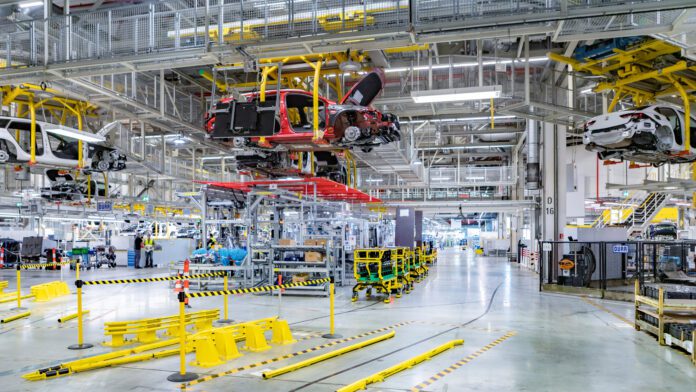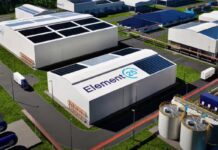
Vulcan Energy Resources Limited and Stellantis have inked a Binding Term Sheet (BTS) for the first phase of a multiphase project to decarbonise the Rüsselsheim manufacturing site in Germany’s Upper Rhine Valley by building new geothermal projects.
In a statement, Vulcan Energy said Stellantis aim to be the auto industry’s climate change mitigation champion, achieving carbon net zero by 2038 and a 50 per cent decrease by 2030. Stellantis, a premier mobility technology business, must decarbonise and localise its energy supply throughout its manufacturing locations.
Stellantis maintains a significant production site in Rüsselsheim am Main, in the northern Upper Rhine Valley, where the DS 4 and Opel Astra vehicles, including electrified variations, are built. This location in the German state of Hesse is also the traditional home of the Opel brand and Stellantis’ German headquarters.
The proposed Project will be located in the Upper Rhine Valley, near the northernmost point of Vulcan’s target region. The project’s first phase will involve a Pre-Feasibility Study by Vulcan for the building of geothermal assets for Stellantis’ Rüsselsheim facility, based on existing data. If the first phase is successful, the second phase will concentrate on drilling and more sophisticated investigations and development.
Stellantis CEO Carlos Tavares said the collaboration with Vulcan reaffirms Stellantis’ commitment to pushing more clean energy solutions across its organisation. Tavares stated that it is one of several steps Stellantis have taken to achieve outcomes, impact, and sustainability in accordance with its Dare Forward 2030 strategic plan.
“I am happy about the partnership of Stellantis, and Vulcan Energy announced today. This is positive news for Hesse because it shows that in our state, climate protection and state-of-the-art industrial production through innovative ideas are perfectly compatible,” Minister President of Hesse Boris Rhein said.
Vulcan’s Managing Director and CEO, Dr Francis Wedin, added, “Vulcan’s core mission is decarbonisation, through carbon neutral, zero fossil fuels lithium and renewable energy supply. Vulcan is here to support Stellantis, our largest lithium Customer and one of our major shareholders, to decarbonise Stellantis’ automotive production in Europe. This further increases our decarbonising impact on the European electric vehicle industry, complementing the carbon avoidance from our Zero Carbon Lithium™ Project, whilst creating shareholder value. We remain focused on our core geothermal-lithium developments in the centre of the Upper Rhine Valley Brine Field, to service our customers, including Stellantis. Our joint Project is a complementary opportunity to expand our development pipeline to some of the outer-lying areas in the Upper Rhine Valley, where we can also test for extensions to our lithium development, supported by industrial partners like Stellantis.”
As the first phase of the multiphase Project, VUL will conduct a Pre-Feasibility Study for developing geothermal renewable energy projects in Rüsselsheim (Phase A). To advance the Project, the parties will collaborate to explore public financing sources.
According to Vulcan Energy, Stellantis will seek finance for 50 per cent of the project’s development following the initial phase. Based on the findings of Phase A, the business model and project structure for the Project’s development in Phase B will be discussed.




















